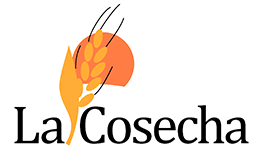Virtual Learning and Webinars
Your virtual/online learning platform with interactive and programmatic resources to better serve your English-learner and emerging-bilingual students.
Upcoming Level 1 AIM4S³™ Training Dates:
Elementary & Secondary Training
Elementary & Secondary Trainings
In-person: Albuquerque, NM
Days #1-2: December 7-8, 2022
Days #3-4: January 18-19, 2023
Days #5-6: February 15-16, 2023
Virtual: on Zoom
Days #1-2: February 7-8, 2023
Days #3-4 March 8-9, 2023
Days #5-6: April 12-13, 2023
Email aim4s3@dlenm.org to be placed on the registration list.


